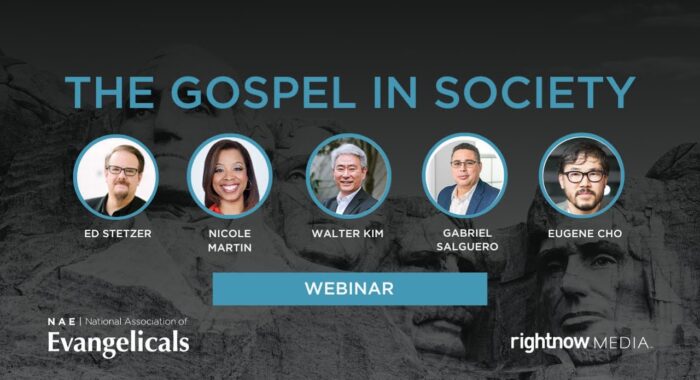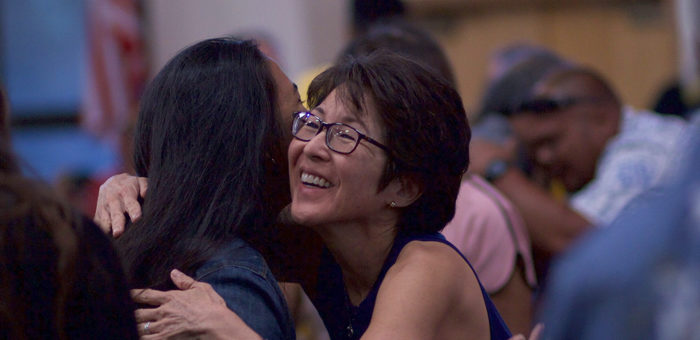
A recent report from the Pew Research Center found that evangelicals had the highest unfavorable rating (27 percent) among all religious groups. Does this negative perception of evangelicals impact receptivity to the gospel? Most evangelical leaders (71 percent) believe it does. Another 25 percent said, “It Depends,” according to the March/April Evangelical Leaders Survey. Only 4 percent do not believe it makes a difference.
“Following Jesus is not a popularity contest, and there are times that being a Christian, in any form — Protestant, Catholic, Orthodox — will entail holding views that are different from or even opposed to aspects of culture,” said Walter Kim, president of the National Association of Evangelicals (NAE). “However, it is also true that ‘being evangelical’ should mean being the sort of people characterized by the good news of Jesus, being known as peacemakers, principled about our beliefs in Jesus as Savior, as well as our commitment to love like our Savior.”
Many evangelical leaders are concerned with how evangelicalism has become identified with partisan politics. Enid Almanzar, chairwoman of National Latino Evangelical Coalition, said, “It’s no coincidence that Bible readership, church attendance and financial giving continue to decline at the same time in which evangelicalism has been so deeply tethered with nationalism, staunch partisan politics and religious intolerance. I believe that religious disaffiliation will only grow as a new generation continues to be disillusioned by the dissonance they see between what we say we stand for and what they see us live out in the public square.”
At the same time, evangelicals leaders recognized that Christians should not expect culture to wholeheartedly accept them and that receptivity to the gospel is ultimately the work of the Holy Spirit.
Roland Warren, president and CEO of Care Net, said, “Christ warned us that he was hated, so we should expect to be hated, too, if we are following his example. After all, the most ‘Christian’ person that has ever lived is Christ, and how did the people treat him? They killed him. If the culture loves us, it’s likely because we have stopped speaking the truth. That said, we should certainly be mindful to not do things that are unbiblical or unloving that can facilitate an unfavorable view of evangelicals.”
Santiago Mellado, president and CEO of Compassion International, observed that the term “evangelical” often has more political overtones than a spiritual understanding among the general population. “These political overtones are more related to power, control and manipulation instead of love — the core tenant of the gospel of Jesus Christ. Of course, the gospel of Jesus Christ will prevail in spite of our fallen human nature. But we do make it difficult when what we say and what we do are different.”
The Evangelical Leaders Survey is a monthly poll of the Board of Directors of the National Association of Evangelicals. They include the CEOs of denominations and representatives of a broad array of evangelical organizations including missions, universities, publishers and churches.



 View All Surveys
View All Surveys 




























